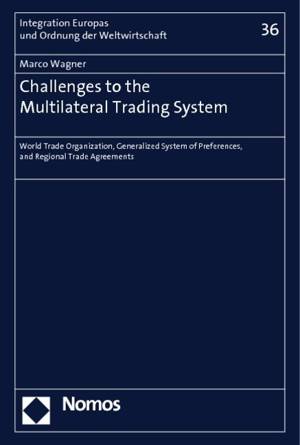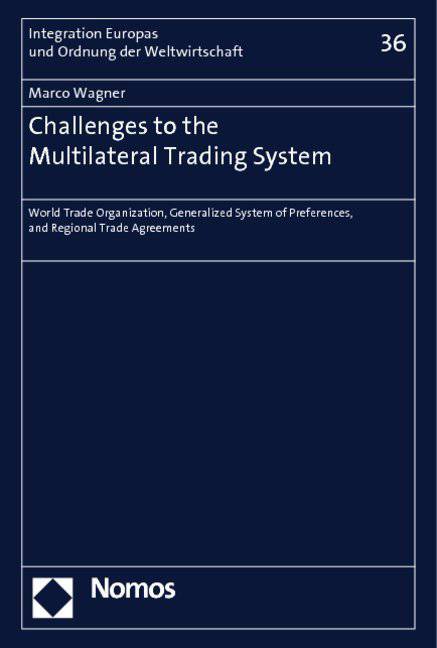
- Afhalen na 1 uur in een winkel met voorraad
- Gratis thuislevering in België vanaf € 30
- Ruim aanbod met 7 miljoen producten
- Afhalen na 1 uur in een winkel met voorraad
- Gratis thuislevering in België vanaf € 30
- Ruim aanbod met 7 miljoen producten
Zoeken
Challenges to the Multilateral Trading System
World Trade Organization, Generalized System of Preferences, and Regional Trade Agreements
Marco Wagner
€ 39,45
+ 78 punten
Omschrijving
Die Studie untersucht die Effizienz der Handelsliberalisierung im Rahmen des GATT/WTO Regelwerks und analysiert die Beziehung zwischen GATT/WTO und weiteren internationalen Institutionen wie dem Generalized System of Preferences sowie regionalen Handelsabkommen. Die Analysen betonen die Rolle von GATT/WTO als einen wichtigen Akteur für globalen Handel.
Specificaties
Betrokkenen
- Auteur(s):
- Uitgeverij:
Inhoud
- Aantal bladzijden:
- 136
- Taal:
- Engels
- Reeks:
- Reeksnummer:
- nr. 36
Eigenschappen
- Productcode (EAN):
- 9783832956806
- Uitvoering:
- Hardcover
- Afmetingen:
- 165 mm x 230 mm
- Gewicht:
- 310 g

Alleen bij Standaard Boekhandel
+ 78 punten op je klantenkaart van Standaard Boekhandel
Beoordelingen
We publiceren alleen reviews die voldoen aan de voorwaarden voor reviews. Bekijk onze voorwaarden voor reviews.







